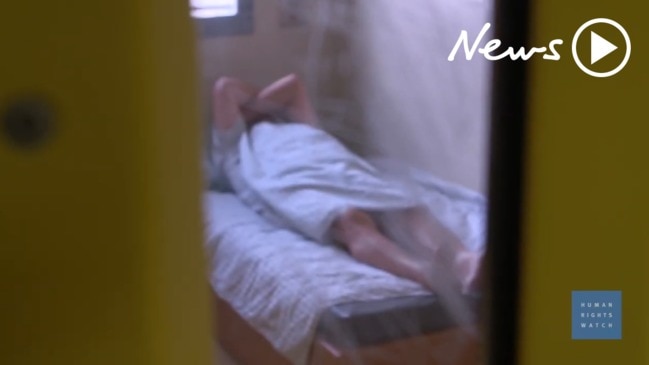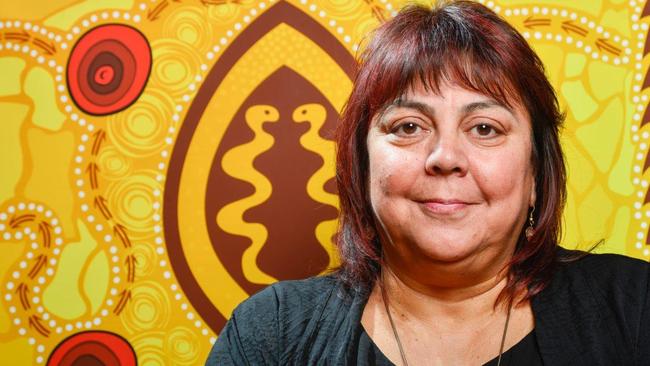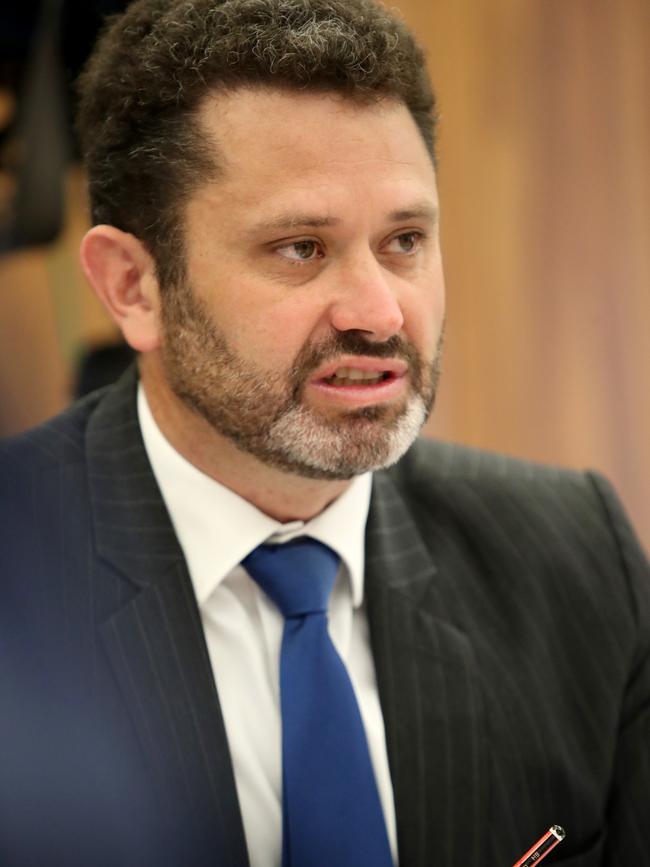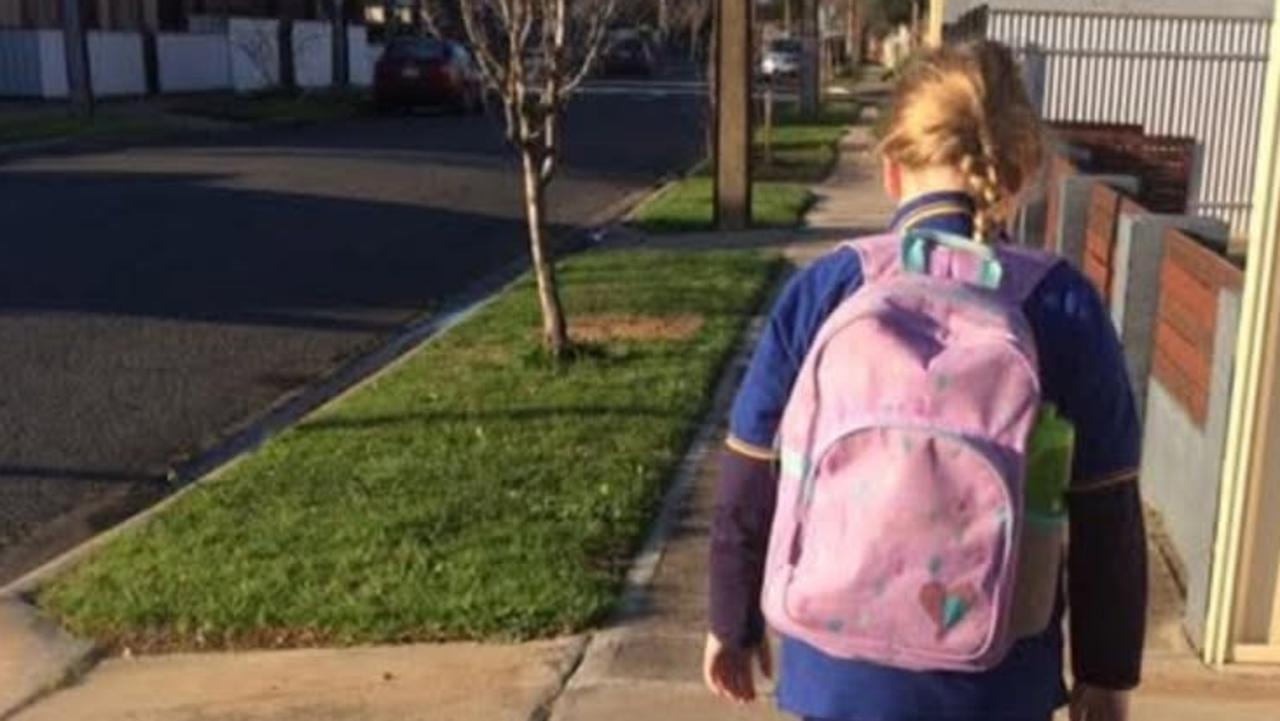SA records highest rate in the nation of Indigenous Australians held on remand, waiting to be sentenced
The rate of Aboriginal people held in custody in SA while waiting to be sentenced is well above the rest of the nation, figures show.

SA News
Don't miss out on the headlines from SA News. Followed categories will be added to My News.
South Australia has the highest rate in the nation of Aboriginal and Torres Strait Islander people languishing behind bars waiting to be sentenced, figures reveal.
Corrections data released by the Australian Bureau of Statistics shows SA had a rate of 1326 per 100,000 Indigenous people on remand in the September quarter.
It was far above the next highest state, Western Australia, which had 1185 people per 100,000.
In previous quarters, SA and WA had roughly the same rate and have been the two jurisdictions with the highest rates since at least 2017.
Meanwhile, SA was the only state to record a slight increase in the overall rate of incarcerated Indigenous people in the September quarter.
Cheryl Axleby, head of the Aboriginal Legal Rights Movement, said SA’s bail laws unfairly treat Indigenous Australians and may be contributing to the state’s high remand rate.

“We still need to address the institutional racism that also further impacts Aboriginal people not being given the same and fair advantage as non-Aboriginal people,” she said.
“We actually have Aboriginal sentencing courts – maybe we need to actually think about having Aboriginal remand courts (too).”
Attorney-General Vickie Chapman’s office said the high remand rate was due to other states having different custody systems.
“In other states … the accused can often remain in police custody for a number of days before being transferred to Corrections, and therefore are not counted in these statistics if they receive bail whilst in police custody,” a statement said.
Opposition spokesman for Indigenous affairs Kyam Maher said it was “particularly difficult” for Aboriginal people “languishing in remand”.

“Most remandees are taken away from their country and their community. To be hundreds and hundreds of kilometres away from home, away from family, away from those supports can be incredibly difficult,” he said.
Mr Maher said expanding the Aboriginal Interpreter Service could reduce the time they spend on remand.
“Since funding (for the project) was made available in 2017 there have been millions of dollars unspent to help Aboriginal people navigate through the court system, and that would certainly have an impact on the remand rate,” he said.
When asked about this in an Estimates Committee hearing last month, Premier Steven Marshall said there was a “very significant need” for improving the service.
“This is a project that has not been without a significant budget increase but it has not progressed as quickly as we would like,” he said.
Ms Chapman said the government remained committed to improving the opportunities and life outcomes of Indigenous South Australians by signing up for the new National Agreement on Closing the Gap.
“We are setting ambitious targets, outlined in the Youth Justice State Plan, and initiating new schemes, like the Custody Notification Service, to achieve these goals.”



